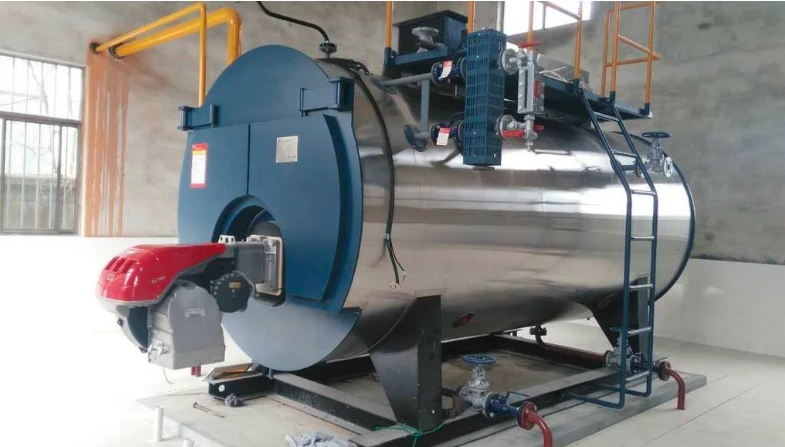
Nov . 19, 2024 08:36 Back to list
Differences Between Hot Water Boilers and Water Heaters for Home Heating Solutions
Hot Water Boiler vs. Water Heater Understanding the Differences
When it comes to heating water for residential or commercial use, many people may find themselves puzzled by the terms hot water boiler and water heater. While both systems serve the purpose of providing hot water, they operate differently and cater to distinct needs. Understanding these differences is crucial for choosing the right system for your specific requirements.
Definitions and Functionality
A water heater is a device that heats water for domestic use, such as bathing, cooking, and cleaning. There are several types of water heaters, including tankless, conventional tank, and heat pump water heaters. Conventional tank water heaters store hot water in a tank and supply it as needed, while tankless models heat water on demand.
On the other hand, a hot water boiler is used to generate hot water for heating applications, typically within a hydronic heating system. Boilers are designed to heat water to a specific temperature and then circulate it through pipes to deliver warmth throughout a space. Unlike water heaters, boilers often function as part of a larger heating system that may include radiators or underfloor heating.
Heating Capacity and Efficiency
When comparing the two systems, one of the primary considerations is their heating capacity. Water heaters typically provide hot water at a faster rate for immediate use, making them ideal for quick tasks like showers or washing dishes. However, traditional tank-style water heaters may struggle to keep up with high demand during peak usage times.
hot water boiler vs water heater

On the other hand, boilers are generally more efficient for home heating, especially in larger spaces where hot water is needed for both heating and domestic use. Since a boiler can provide heated water at a consistent temperature for extended periods, it is often considered a more effective solution for whole-home heating requirements.
Cost and Maintenance
Another crucial factor to consider is the cost and maintenance of each system. Water heaters tend to have a lower initial purchase price and are generally simpler to install and maintain. However, they may incur higher energy bills due to their continuous operation, especially in the case of tank-style models that need to maintain a set temperature.
Boilers, while typically more expensive upfront, can offer long-term savings through greater energy efficiency, especially if they are well-maintained. Regular maintenance can help prevent costly repairs and extend the lifespan of the system. This is particularly important as some types of boilers, like those using natural gas or oil, may require more complex installations and inspections.
Conclusion
In summary, the choice between a hot water boiler and a water heater ultimately depends on your specific needs. If your primary goal is to heat water for domestic use in smaller quantities, a water heater may be the best option. However, if you’re looking for an efficient solution for space heating, a hot water boiler is likely more suitable. Assessing your space, hot water needs, and budget will help you make the right decision for your hot water heating system.
-
Oil Fired Hot Water Boilers Sale - High Efficiency & Affordable
NewsJul.31,2025
-
High-Efficiency Commercial Oil Fired Steam Boiler for Industry
NewsJul.30,2025
-
High-Efficiency Biomass Fired Thermal Oil Boiler Solutions
NewsJul.30,2025
-
High Efficiency Gas Fired Thermal Oil Boiler for Industrial Heating
NewsJul.29,2025
-
High-Efficiency Gas Fired Hot Water Boiler for Sale – Reliable & Affordable
NewsJul.29,2025
-
High Efficiency Biomass Fired Hot Water Boiler for Industrial and Commercial Use
NewsJul.29,2025
Related PRODUCTS






















